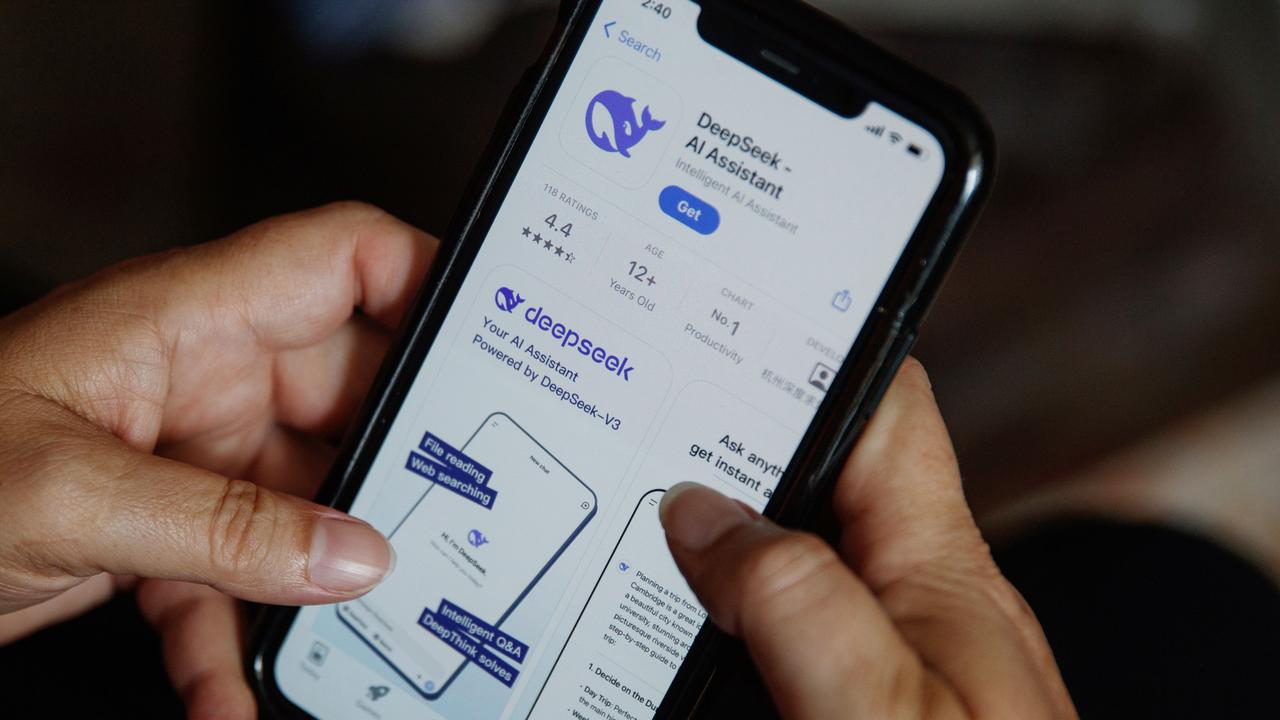Why our normal spy operations have caused a major rift with Jakarta
SO we spied on some top-level officials in Indonesia. So what? Isn't that how the world works? Not so much, says Mal Farr.
ANI Bambang Yudhoyono is the elegant, educated and accomplished wife of Indonesian President Susilo Bambang Yudhoyono. She most certainly isn't a people smuggler or a terrorist.
Which makes it even harder for Australia to explain why Mrs Yudhoyono, who recently was hostess to Tony and Margie Abbott in Jakarta, was in 2009 targeted by the sort of Australian spook work usually reserved for plotters and criminals.
It's all part of normal intelligence operations, said former spy Andrew Wilkie, now an independent MP.
"The President's wife in Indonesia is a political player in herself," said Mr Wilkie, who worked for the Office of National Assessments - the espionage clearing house - from 1999 until 2003 when he dramatically quit over the invasion of Iraq.
"She is a significant leadership figure in her own right. And also, it's hardly revealing trade craft to say if you want to find out a secret, you don't necessarily target the obvious person.
"You target someone they might share it with and might be a bit looser with what they are saying.''
The trade craft of spying is one thing. The public, international humiliation of the leader of our biggest neighbour is another. And that's what Tony Abbott is now having to deal with at the same time as he courts further Indonesian co-operation on stopping asylum seekers.
The cause of what is amounting to the worst strain in Australian-Indonesian relations for 40 years is Edward Joseph "Ed" Snowden, the junior contractor in the US National Security Agency who fled with a pile of data showing who is spying on whom.
There has been a measure of denial when espionage claims have been made in the past. There has been an ability to dismiss with unsourced and third hand allegations, and to manage any damage with quiet diplomacy.
But this was different. This was detailed and documented material showing Australia in 2009, under the Rudd Labor government, was bugging the phones of the Indonesian President and his senior ministers, and of his family.
It was a massive loss of face across the Asian region for the Jakarta administration and for outgoing President Yudhoyono. No amount of winking and nodding, no backroom acknowledgments of "you do it and so do we: could remove the embarrassment.
Prime Minister Abbott is being asked to provide clarifications, explanations, apologies and assurances it won't happen again.
The fact the phone tapping happened under another Prime Minister doesn't help Mr Abbott. Nor does the involvement of the United States.
And nor does the likelihood that our intelligence operatives hacked the phones without specific instructions from political masters. The Australian intelligence gatherers were "give a very loose rein" under Prime Minister John Howard, according to former diplomat and Indonesian ambassador Bruce Haigh.
It is possible they were still enjoying they light touch on the rein from the government in 2009.
And there is a strong argument they were doing exactly what they should have been doing. Their only offence was being caught thanks to yet another serious lapse in US security.
"We spend billions of dollars on our intelligence agencies. If they are not in other countries finding out what makes them tick, what their intentions are, what their motives are, they are at fault," said Mr Wilkie.
There is an intense personal dimension to this current diplomatic rift. President Yudhoyono is very unhappy.
There also are domestic elements shaping the standoff on both sides.
The national Indonesian elections will be held early this year and candidates will leverage this perceived insult to their best advantage with voters.
Back here, Tony Abbott also has a domestic agenda to tend to. He needs Indonesian help to deliver his "stop the boats" promise and it suddenly has been withdrawn.
The Prime Minister will be working out of the public eye to heal relations, and will be considering a full apology if the stand-off continues.
Further, Australia is likely to have sharp words with the United States over this massive collapse in security. This rupture in relations happened because American intelligence officials gave Australia's deepest secrets to a man who should not have been trusted with them.
However, in no sense should there be an expectations this will be the end of spying on Indonesia - or Indonesia on us.



